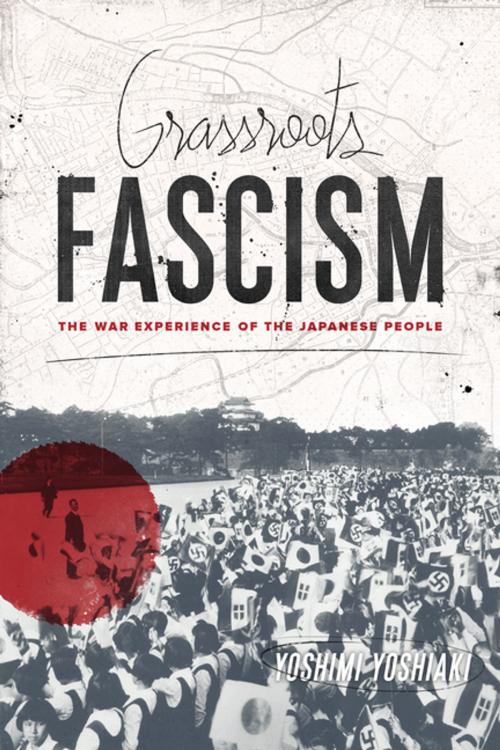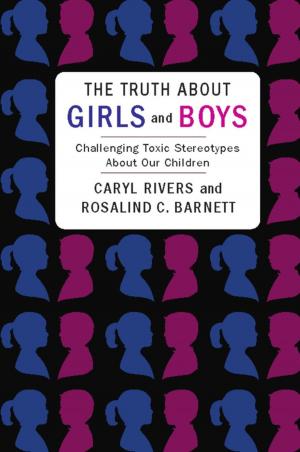Grassroots Fascism
The War Experience of the Japanese People
Nonfiction, History, Asian, Japan, Social & Cultural Studies, Political Science, International| Author: | Yoshiaki Yoshimi | ISBN: | 9780231538596 |
| Publisher: | Columbia University Press | Publication: | March 24, 2015 |
| Imprint: | Columbia University Press | Language: | English |
| Author: | Yoshiaki Yoshimi |
| ISBN: | 9780231538596 |
| Publisher: | Columbia University Press |
| Publication: | March 24, 2015 |
| Imprint: | Columbia University Press |
| Language: | English |
Grassroots Fascism profiles the Asia Pacific War (1937–1945)—the most important though least understood experience of Japan's modern history—through the lens of ordinary Japanese life. Moving deftly from the struggles of the home front to the occupied territories to the ravages of the front line, the book offers rare insights into popular experiences from the war's troubled beginnings through Japan's disastrous defeat in 1945 and the new beginning it heralded.
Yoshimi Yoshiaki mobilizes diaries, letters, memoirs, and government documents to portray the ambivalent position of ordinary Japanese as both wartime victims and active participants. He also provides penetrating accounts of the war experiences of Japan's minorities and imperial subjects, including Koreans and Taiwanese. His book challenges the idea that the Japanese people operated as a mere conduit for the military during the war, passively accepting an imperial ideology imposed upon them by the political elite. Viewed from the bottom up, wartime Japan unfolds as a complex modern mass society, with a corresponding variety of popular roles and agendas.
In chronicling the diversity of wartime Japanese social experience, Yoshimi's account elevates our understanding of "Japanese Fascism." In its relation of World War II to the evolution—and destruction—of empire, it makes a fresh contribution to the global history of the war. Ethan Mark's translation supplements the Japanese original with explanatory notes and an in-depth introduction that situates the work within Japanese studies and global history.
Grassroots Fascism profiles the Asia Pacific War (1937–1945)—the most important though least understood experience of Japan's modern history—through the lens of ordinary Japanese life. Moving deftly from the struggles of the home front to the occupied territories to the ravages of the front line, the book offers rare insights into popular experiences from the war's troubled beginnings through Japan's disastrous defeat in 1945 and the new beginning it heralded.
Yoshimi Yoshiaki mobilizes diaries, letters, memoirs, and government documents to portray the ambivalent position of ordinary Japanese as both wartime victims and active participants. He also provides penetrating accounts of the war experiences of Japan's minorities and imperial subjects, including Koreans and Taiwanese. His book challenges the idea that the Japanese people operated as a mere conduit for the military during the war, passively accepting an imperial ideology imposed upon them by the political elite. Viewed from the bottom up, wartime Japan unfolds as a complex modern mass society, with a corresponding variety of popular roles and agendas.
In chronicling the diversity of wartime Japanese social experience, Yoshimi's account elevates our understanding of "Japanese Fascism." In its relation of World War II to the evolution—and destruction—of empire, it makes a fresh contribution to the global history of the war. Ethan Mark's translation supplements the Japanese original with explanatory notes and an in-depth introduction that situates the work within Japanese studies and global history.















